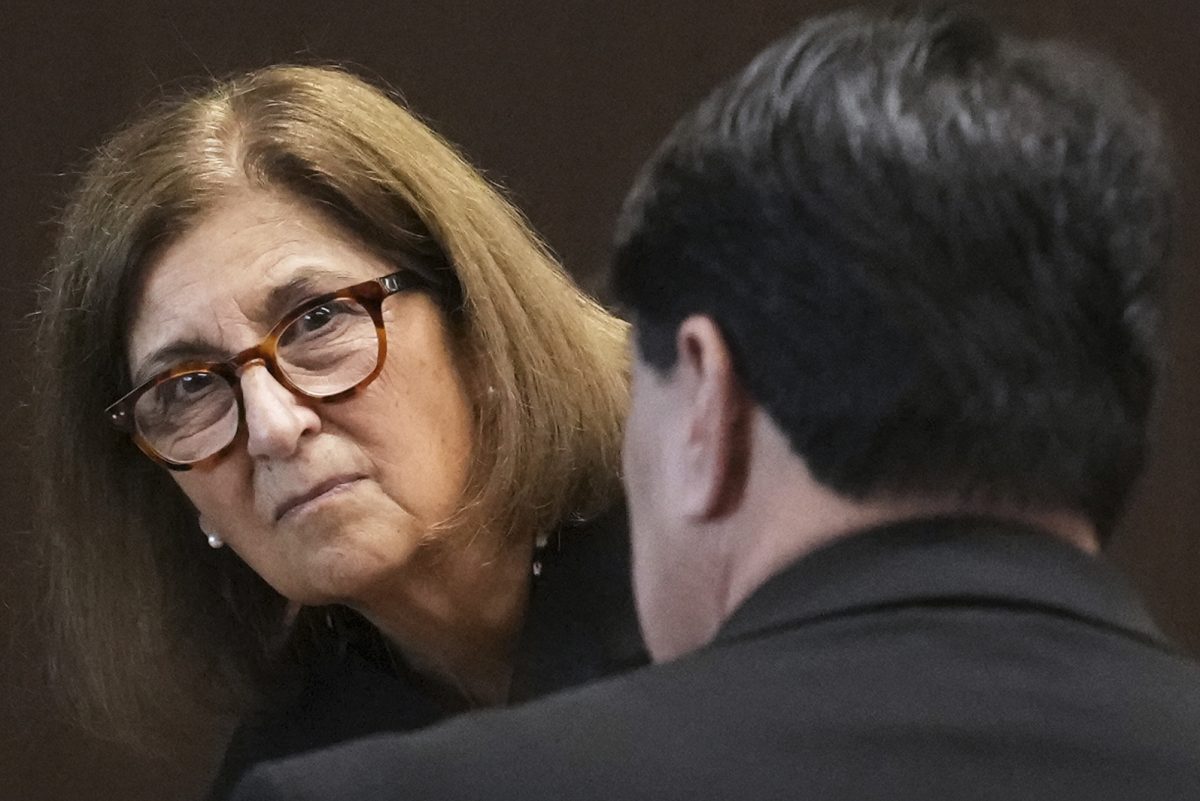Spend enough time with any politically active college student who identifies as conservative and you will hear the same lament, “It seems like all the professors here are so liberal.”
This phrase is echoed in College Republicans chapter meetings at universities across the country and, regardless of where you may stand on the issue, it seems to be empirically true.
An Econ Journal Watch study of the voter registration of 7,243 college professors in social science departments at 40 U.S. universities found 3,623 to be registered Democrats and only 314 to be registered Republicans. That’s a ratio of nearly 12:1 Democrats to Republicans.
The study also found that at many universities, registration in left-leaning minority parties outnumbered that of Republican registration as well, and this study only looked at voter registration. A survey conducted by the Higher Education Research Institute at UCLA found that the percentage of academics defining themselves as “liberal or far-left” has increased from 40 percent in 1990 to nearly 60 percent in 2014.
Of course, if you are a liberal you might reply with, “So what?”
Well, there are several consequences to a homogeneous academia dominated by one side of the political spectrum, be it liberal or conservative. These consequences tend to be stronger in the social sciences, as they deal with more subjective ideas.
One consequence is that you receive a less rigorous education than you might in an environment where you are exposed to multiple different perspectives. Most students of social science would agree that we want to have a complete understanding of the issues we are studying in pursuing higher education. We cannot, however, have a complete understanding of an issue without understanding both sides of it. If you only hear a liberal perspective, you only hear half the story.
A consequence for liberal students is that their ideas are not challenged, and therefore, may not be considered at the deepest level. I’m not arguing that liberal students need to be exposed to conservative ideas so that they will change their beliefs. Liberal students should be exposed to conservative ideas so that they can understand their own beliefs better. By considering ideas that oppose their own they are forced to become more knowledgeable and more skilled at explaining their own position, while also gaining a better understanding of why their opponents believe what they believe.
Conservative students already have their beliefs challenged in the classroom, and I believe they benefit from this challenge. Indeed, it seems that all of us could benefit from a better understanding of the other side considering the deeply divided and partisan nature of contemporary American politics.
The bottom line is, when both sides of the political spectrum, left and right, are exposed to the views of the other side, the American political process will be improved. In other words, when a liberal can easily explain why a conservative doesn’t support abortion and vice versa, free from partisan shouting and name-calling, the American public will be ready to have a grown-up conversation about the issue.
As college students, we should be actively seeking out opportunities to be challenged in our beliefs. As our academia become more homogeneous we lose these opportunities. There is no easy answer to this issue. More conservatives have to pursue higher degrees. Universities must make an effort in their hiring practices to include more conservatives on their faculty but in an ethical and undiscriminating manner.
American universities have always been a place for diverse ideas and intense ideological debate. We must demand that they stay that way.



